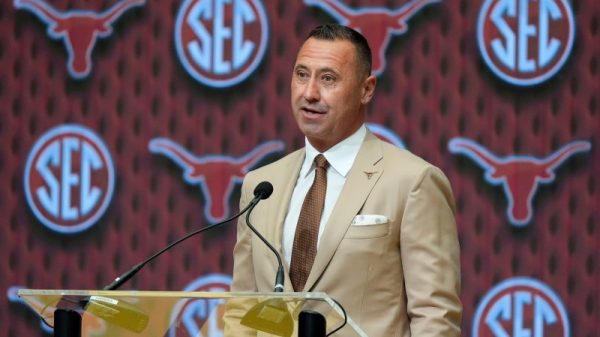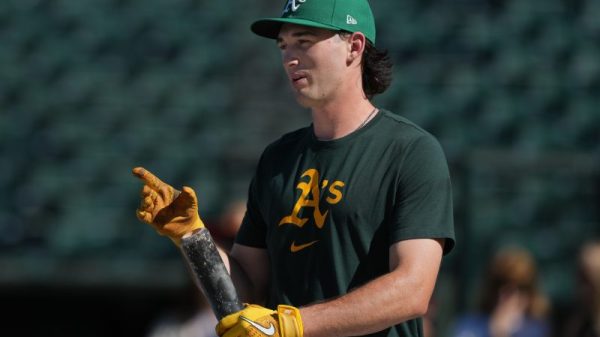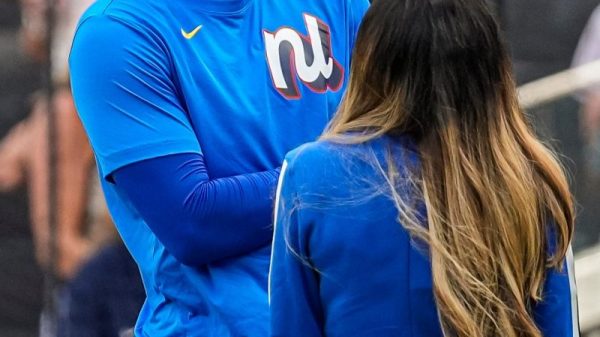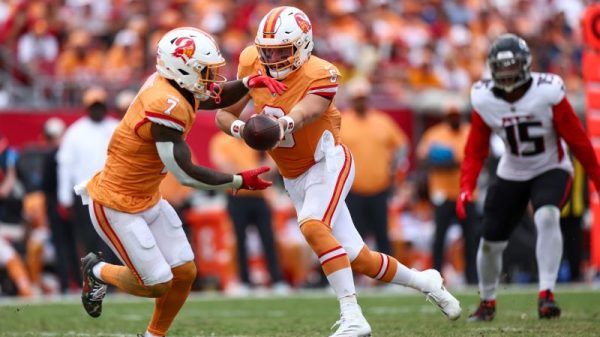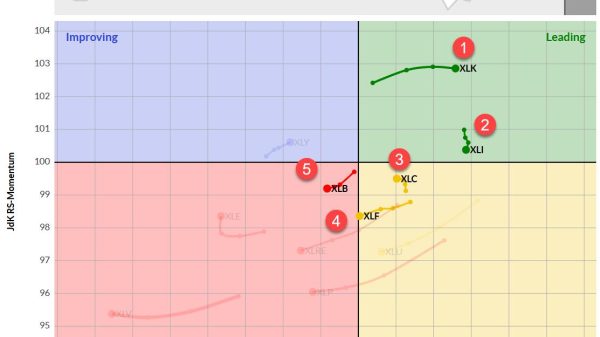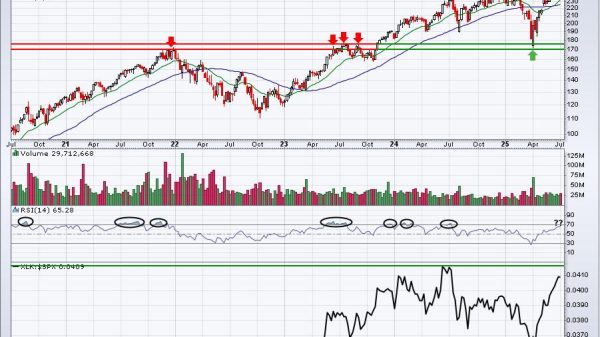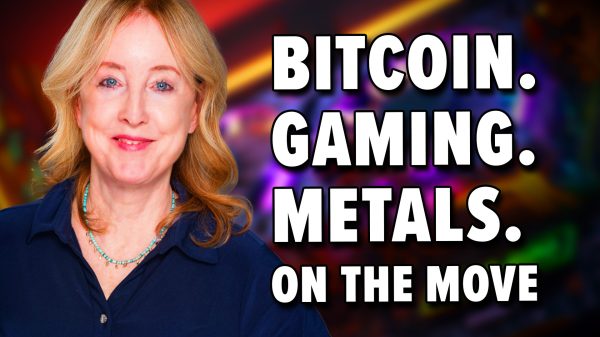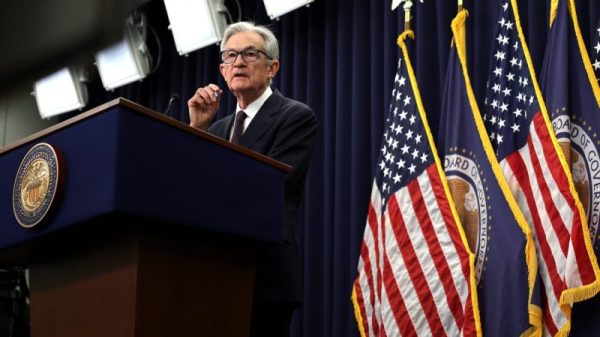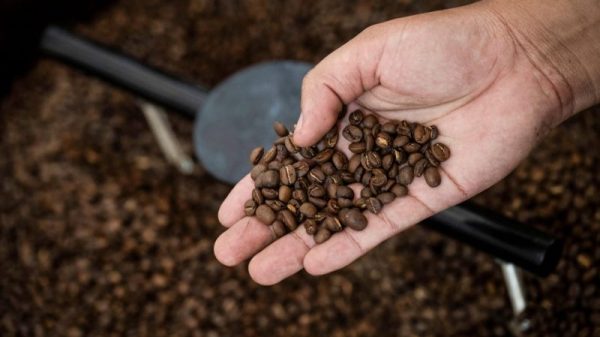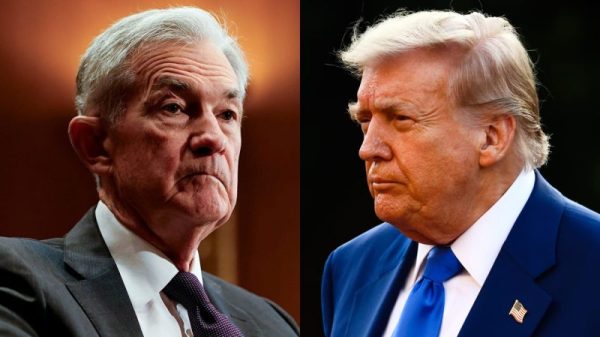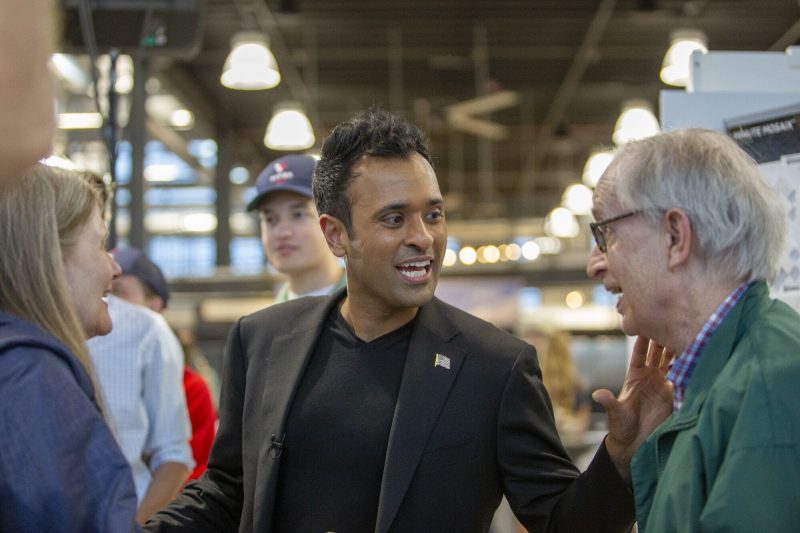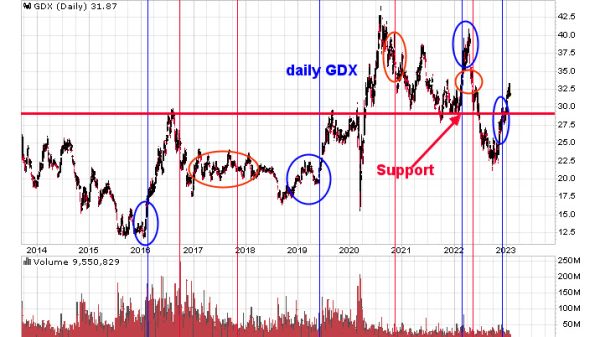URBANDALE, Iowa — Vivek Ramaswamy, a millennial Republican running for president who would be the youngest to ever hold the job, descended on this key early state this week touting a provocative proposal to raise the minimum voting age for most Americans to 25.
“I want more civic engagement. My hypothesis is that when you attach greater value to the act, we will see more 18-to-25-year-olds actually vote than do now,” said Ramaswamy, 37, in an interview Thursday after he formally unveiled his idea at an event here. The proposal would involve meeting one of several requirements to vote before turning 25, such as passing a civics test.
But the proposition, which would require a constitutional amendment, has met a swift backlash from youth-vote organizers, including in his own party, who say he is promoting a dangerous idea that will suppress the vote — and one that reminds them of literacy tests and other Jim Crow laws that once targeted Black voters.
“Since I was able to get elected at 21, I would definitely not be in favor of saying somebody couldn’t vote until you’re 25,” said former Iowa state representative Joe Mitchell, the president and founder of Run GenZ, a group focused on young GOP voters. “I think 99 percent of Young Republicans would say that’s ridiculous.”
Mitchell, who was the youngest person to be elected to the Iowa House, added, “You’re also getting into you know, back when we had Jim Crow laws, where you made people take certain tests to be able to vote, those sort of things. And I think there’s a slippery slope you’re going down if you have requirements for people to be able to vote besides being a U.S. citizen, besides being a certain age.”
The proposal from Ramaswamy, a wealthy tech entrepreneur waging a long-shot presidential bid, comes as Republicans have struggled to win young voters, who have tended to vote for Democratic candidates in recent elections. It marks the latest example of a GOP proposition to limit participation of youth voters and has reignited discussions about voting access.
As Republicans have pushed for broadly stricter election laws, even though there is little evidence of fraud, some in the party have specifically pressed for new regulations that would affect young voters. Last month, Cleta Mitchell, a top Republican legal strategist, told a roomful of GOP donors that conservatives must band together to limit voting on college campuses, same-day voter registration and automatic mailing of ballots to registered voters.
The GOP has not formally endorsed Mitchell’s plan, which was delivered at a Republican National Committee donor retreat, but has worked closely with her since former president Donald Trump left office.
Under Ramaswamy’s proposal, those who serve in the military or work as a first responder in areas such as police or fire for at least six months could still vote at 18. Otherwise, to vote before turning 25, citizens would be required to pass a civics test that mirrors the exam required for naturalization.
A constitutional amendment needs to be proposed by a two-thirds vote of both chambers of Congress or requested by two-thirds of states, and then must be approved by three-fourths of the state legislatures or three-fourths of conventions convened in each state for ratification.
As recently as this past weekend, Ramaswamy called the proposal a thought experiment, but on Thursday he officially announced his support for the change. The Dallas County GOP, which hosted the event where he spoke, billed the gathering as a rally aimed at activating young Republicans to participate in the Iowa caucuses. It attracted a largely older crowd of attendees, who applauded as he announced his plan.
Daniel Osborne, 19, a Des Moines Area Community College student who likes Ramaswamy and Florida Gov. Ron DeSantis (R), said the proposal is an interesting idea. “I could see how it could be a possibility but certainly it needs some vetting before it goes into its final amendment form. I do like the substance of it. We do need, people do need to have a stake in the game. I do agree with that. But we’ll have to see.”
Ramaswamy said the reason for making the age 25, rather than 21 or an alternate marker, is to minimize change and tie it to the existing age framework for selective service for the military.
“I’d like to persuade the American people that this is a good thing for our country to restore a sense of civic duty that we have long missed,” he said. “These concepts have been tied together for a long time.”
Ramaswamy made his pitch to raise the voting age as part of a broader goal to revive national identity. His campaign thus far has focused on going beyond Trump to pass the “America First” agenda, touting his approach as ‘America First 2.0” on his campaign website.
Some expressed strong disagreement with his voting plan — including Republicans who worry about further alienating young voters.
“If Republicans take action to disqualify 18-to-24-year-olds from voting, they’ll push Gen Z further away from the GOP and risk losing an entire generation of voters who won’t soon forget the party that disenfranchised them,” said Courtney Hope Britt, the national chairman of the College Republican National Committee.
“If the concern is that 18-year-olds don’t have adequate civics knowledge, then we need to address that issue and provide better civics education,” she added.
A Washington Post analysis of the census turnout survey found 26 percent of 18-to-29-year-olds voted in the 2022 midterm election, though in 2020 a record high 53 percent of eligible voters under age 30 cast ballots. Network exit polls found 18-to-29-year-old voters supported Joe Biden by a 24-point margin over Trump in 2020.
Andrea Hailey, the CEO of nonpartisan Vote.org, called the proposal “nothing more than demographic gerrymandering” and “a sad attempt to shape the electorate rather than letting the American people shape our government.”
In 1971, the 26th Amendment to the Constitution lowered the voting age to 18 from 21. In 1965, the Voting Rights Act outlawed literacy tests as a prerequisite to voting.
In the interview, Ramaswamy said he understands the analogy some have drawn between his proposal and Jim Crow, but rejected the parallel.
“Is it Jim Crow that we ask a taxpayer in this country for 10 years to pass that test before they can vote, is that Jim Crow?” he asked of naturalization tests.
He said his proposal was more modest than other mandated national service proposals, such as an idea from Democrat Pete Buttigieg during his 2020 presidential bid. That plan, which did not affect voting access, called for a million high school graduates participating in service areas such as climate, community health, and senior care by 2026 and would provide student loan relief in exchange.
Democratic critics suggested Republicans could see a further erosion in support from young voters if they embrace proposals such as Ramaswamy’s.
“It is absolutely outrageous that it’s even being proposed to disenfranchise literally millions of young Americans, and it is not lost, I think on a lot of young people that this also happens to be the most diverse generation in American history,” said Cristina Tzintzún Ramirez, the executive director of NextGen America, a liberal group focused on young voters. “This is an explicit attempt to hold on to power by any means and block young people who reject the Republican Party almost wholesale from voting.”
“I think Republicans should be very, very cautious about the road they’re about to go down, because young people will not forget who tried to block them from exercising their power,” she said.
Kelley Koch, the chair of the Republican Party of Dallas County, said she heard from many young Republicans strongly opposing the proposal, but said she loved the civic duty angle to Ramaswamy’s pitch.
“They go, ‘Wait, 25 to vote? I can buy beer when I’m 21, I can have a gun.’ But when you hear about it, he said it might take something drastic,” she said. “Some of them think, ‘here we go, another restriction.’”
“I don’t know if it will fly,” she said.
A previous version of this article misspelled the last name of a Des Moines Area Community College student. It is Osborne, not Osbourne.
Patrick Marley in Howell, Mich., contributed to this report.






